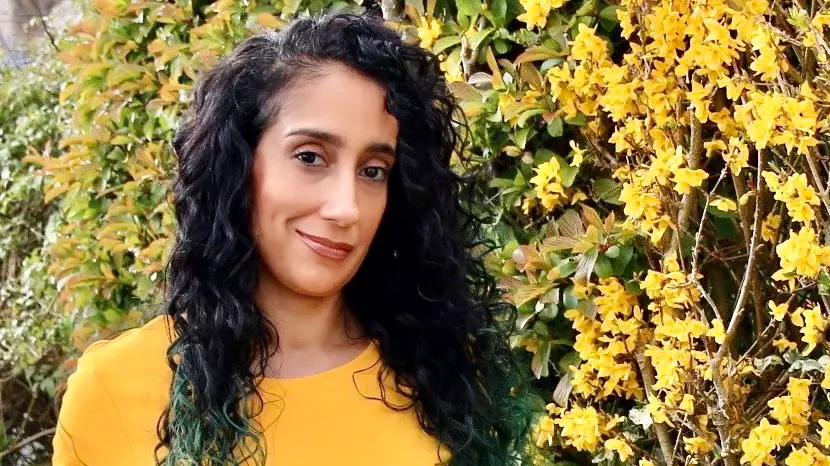
Atima Bhatnagar was just 10 years old when she started experiencing endometriosis symptoms.
Still in junior school, Atima had just started her periods, and believed the pains she was experiencing were just a normal part of growing up. But after five years of enduring pain to the point of fainting and sickness, Atima visited her GP, where she was prescribed the contraceptive pill.
Fast forward 30 years and Atima was finally diagnossed with endometriosis, a condition in which tissue similar to the lining of the womb starts to grow in other places. It affects 176 million women worldwide and takes, on average, seven and a half years to be diagnosed.
In the intervening years, Atima's experience of the condition - and the fact it took three decades for doctors to diagnose her suffering - has been nothing short of traumatic.
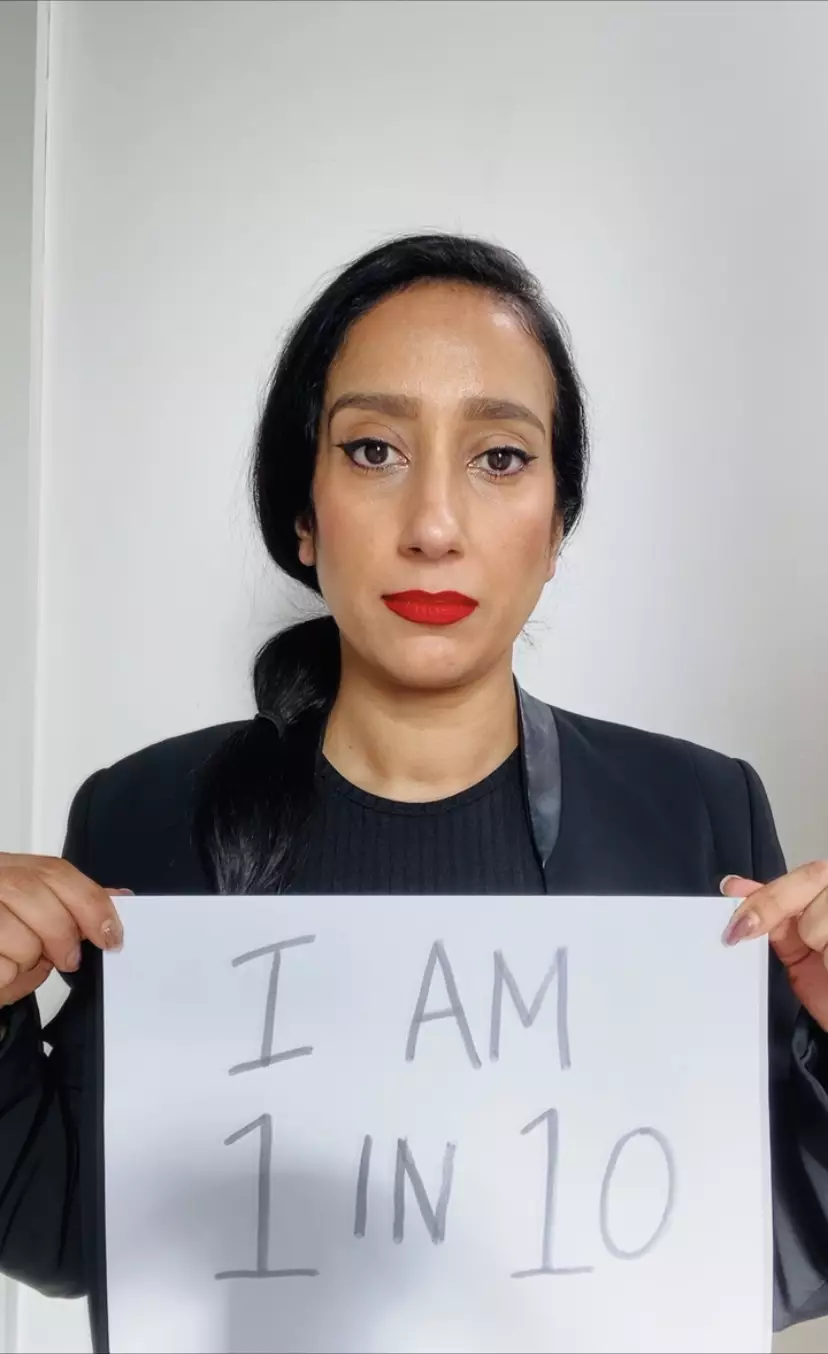
Now, Atima, 41, from London, has teamed up with the Department of Health & Social Care, who are running the first ever government led women's health strategy to improve the health and wellbeing of women in England.
Here, Atima tells Tyla how she was finally diagnosed, and why she's desperate for her children not to experience the same suffering.
"I had pain from day one," she recalls. "There were times when I would throw up or faint, it just got progressively worse, and so when I was around 15, I went to the doctor who prescribed me the contraceptive pill.
"It was a case of 'some women just have this, there you go, go on the pill'. I didn't know enough to question it. I was on and off it for the next 15 years, and whenever I came off it, my symptoms would flare up again. Whenever this happened, I was simply told to go back on the pill."
Around 30 to 50 per cent of women with endometriosis also have fertility issues, but Atima was able to conceive naturally, and welcomed twin girls 10 years ago.
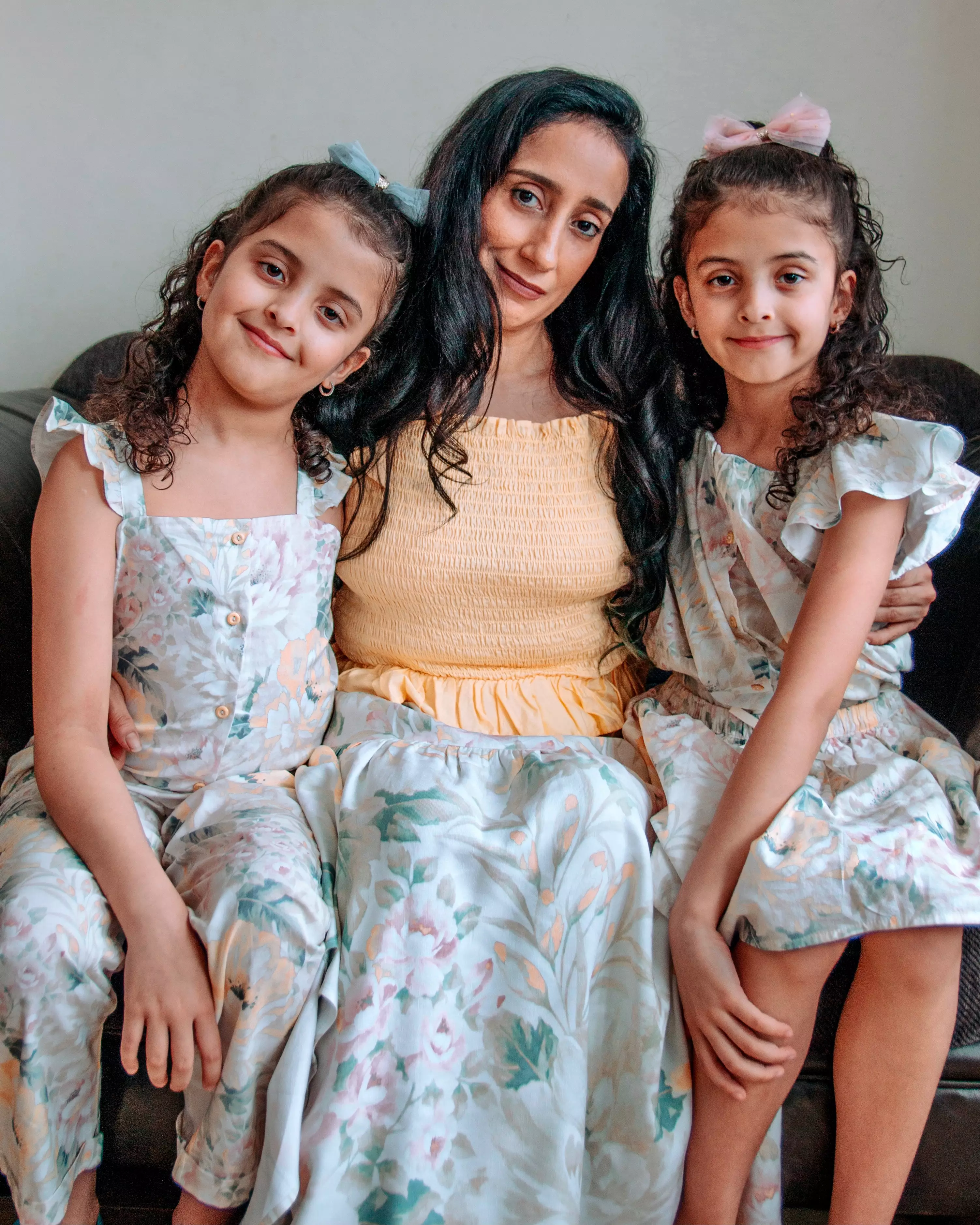
"I had a horrendous pregnancy and when my periods returned after the girls were born they were horrible and worse than ever. I suffered more pain than I could ever remember having.
"Again, I returned to the doctors, but they simply suggested a different pill, which completely stopped my periods. That was all well and good to an extent but it completely changed my moods; I didn't have any desire to do anything, I completely lost my sex drive and I just thought it couldn't be right to continue taking medication my entire life."
As the children got older, Atima decided enough was enough - but her journey to diagnosis was far from over.
"After that things went very downhill and the pains were horrendous. I insisted I was referred to a gynaecologist and unfortunately, while they were looking into endometriosis, they found I had breast cancer."
Atima's endometriosis investigations had to be postponed while she battled cancer, with doctors asking her to "deal with the pain" in the interim.
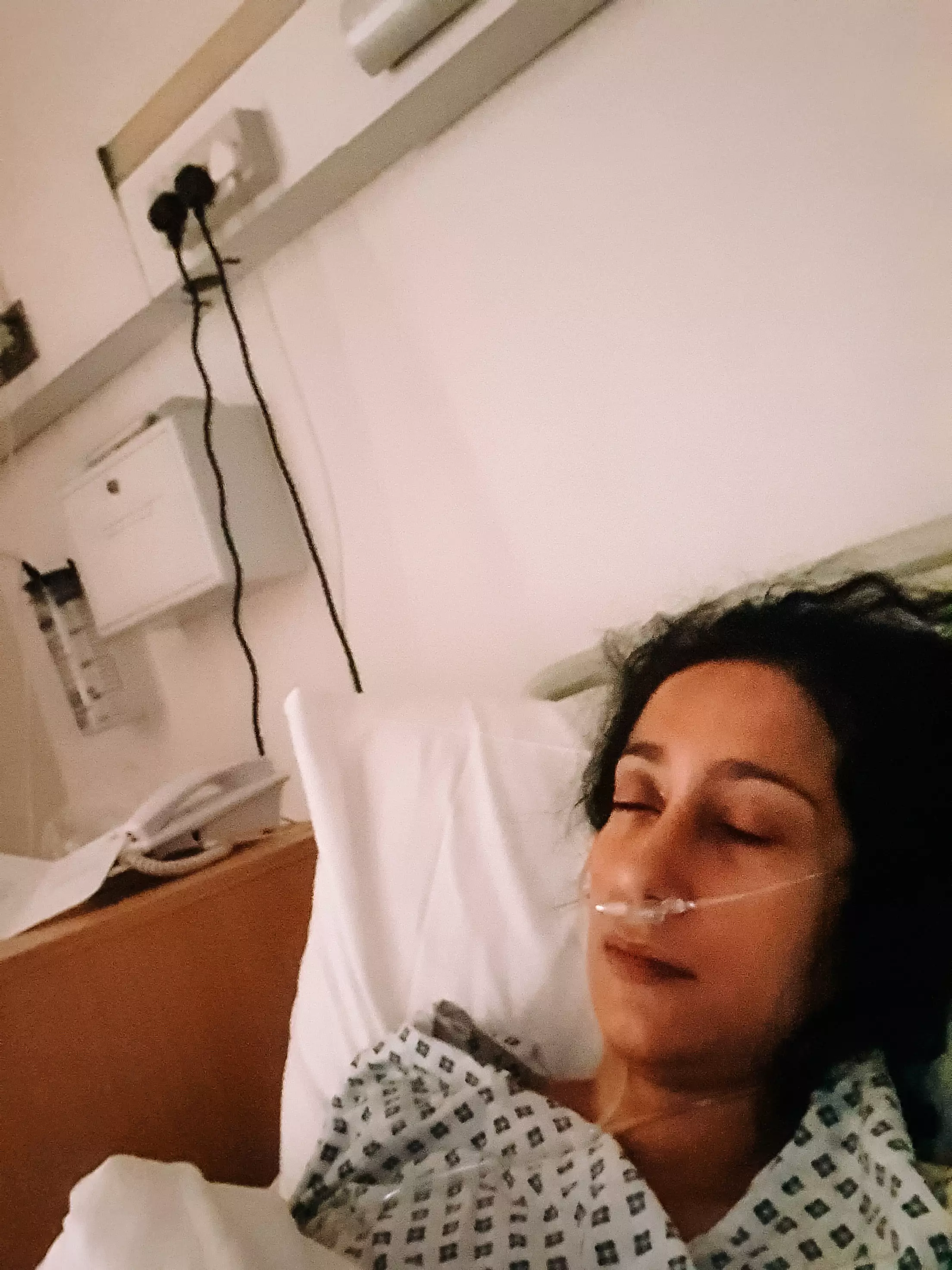
However, before her breast cancer diagnosis, Atima had undergone an internal scan, the results of which diagnosed her with endometriosis and adenomyosis - a separate condition in which the inner lining of the uterus breaks through the muscle wall of the uterus.
Having had her treatment for breast cancer, Atima decided she wanted a second opinion from a different gynaecologist and so booked an appointment with a consultant who turned out to be an endometriosis specialist.
"I booked an appointment and he turned to me and said he wanted to do an MRI, the results of which claimed there was nothing wrong with me and I had no endometriosis whatsoever. This was a specialist. Here I was, with one scan telling me I had endo and the other saying I didn't. I was all over the place."
After discussing with her consultant, it was decided that Atima's surgery would go ahead, to fully understand what was happening in her body.
"They operated, and found stage four endometriosis in so many different places, including the places shown on the initial scan. A 45-minute operation turned into three hours and I had major surgery that day to remove the endometriosis."
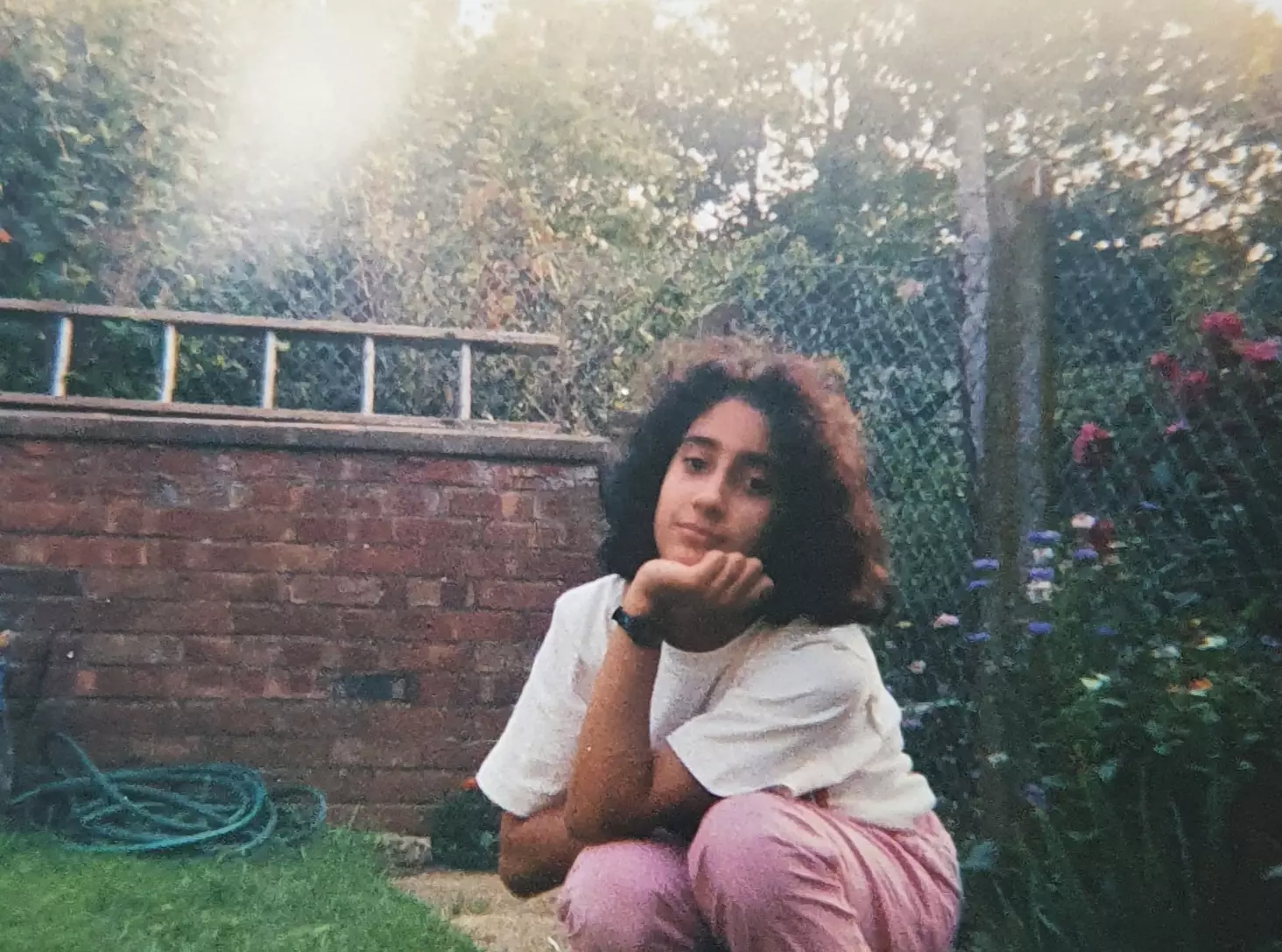
Despite endometriosis being the second most common gynaecological condition in the UK, there is no cure, the cause is still unknown and the only definitive way to diagnose is through surgery.
Despite having the operation, Atima says her symptoms are even worse than they ever were. Added to that, the constant anxiety of whether the endometriosis will return - or whether it already has - is a constant weight on her mind.
"It's a constant now of is it back? Has it gone? Has the surgery damaged something in there? Following the operation, I have neuropathy in my feet because it grew on my sciatic nerve and they had to remove it from there.
"It's horrendous. I think back to when I first went to the doctors as a teenager and I just think, what if they'd found it then? What if they'd removed it then?
"Now I have the worry of is this going to affect me more? Is it going to take over organs? It's horrendous to feel and think like that constantly. Everyone with endometriosis feels like that, and has the anxiety of is it going to come back and will I have to have another major operation because that's the only way they can diagnose it.
"It a woman's disease and I think that makes a difference."
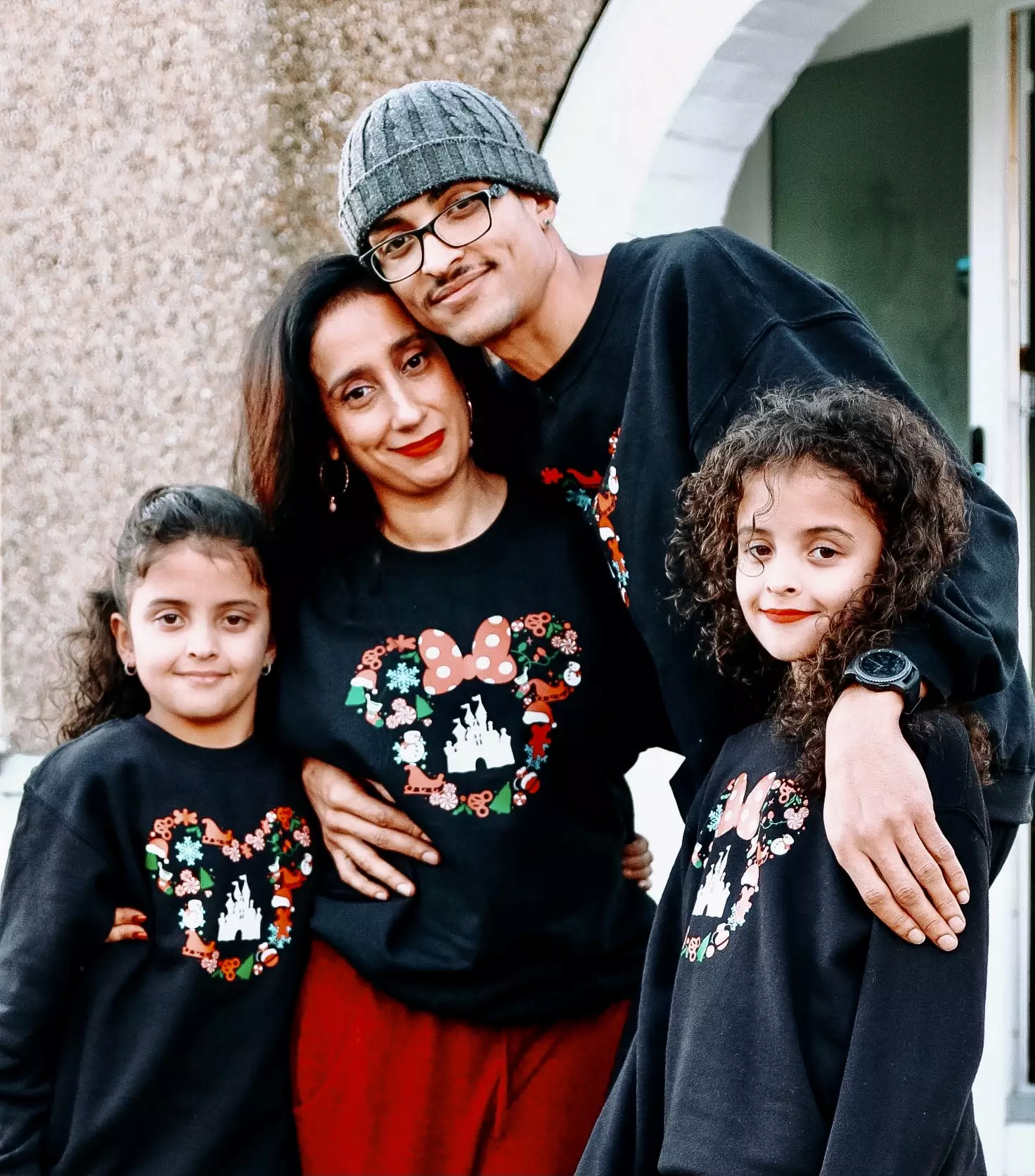
Even now, after her diagnosis, Atima is still in and out of hospital for appointments, investigations, tests and scans.
"I'm not better after my operation, in fact, I'm probably worse. I never had neuropathy before, I didn't have issues with my nerves, I didn't have spasms in my legs and it's all to do with where they operated to remove the endometriosis.
"There was a point when I wished I had never had the operation. People tell me to have a hysterectomy, but I've seen people have that and they're still not better.
"I'm exhausted, I cry a lot. It's affected me in that I wonder if I will be here for my girls. It's horrible because you sometimes feel like you're dying slowly but no one is helping you do anything about it. There's not a single day that I'm not in pain."
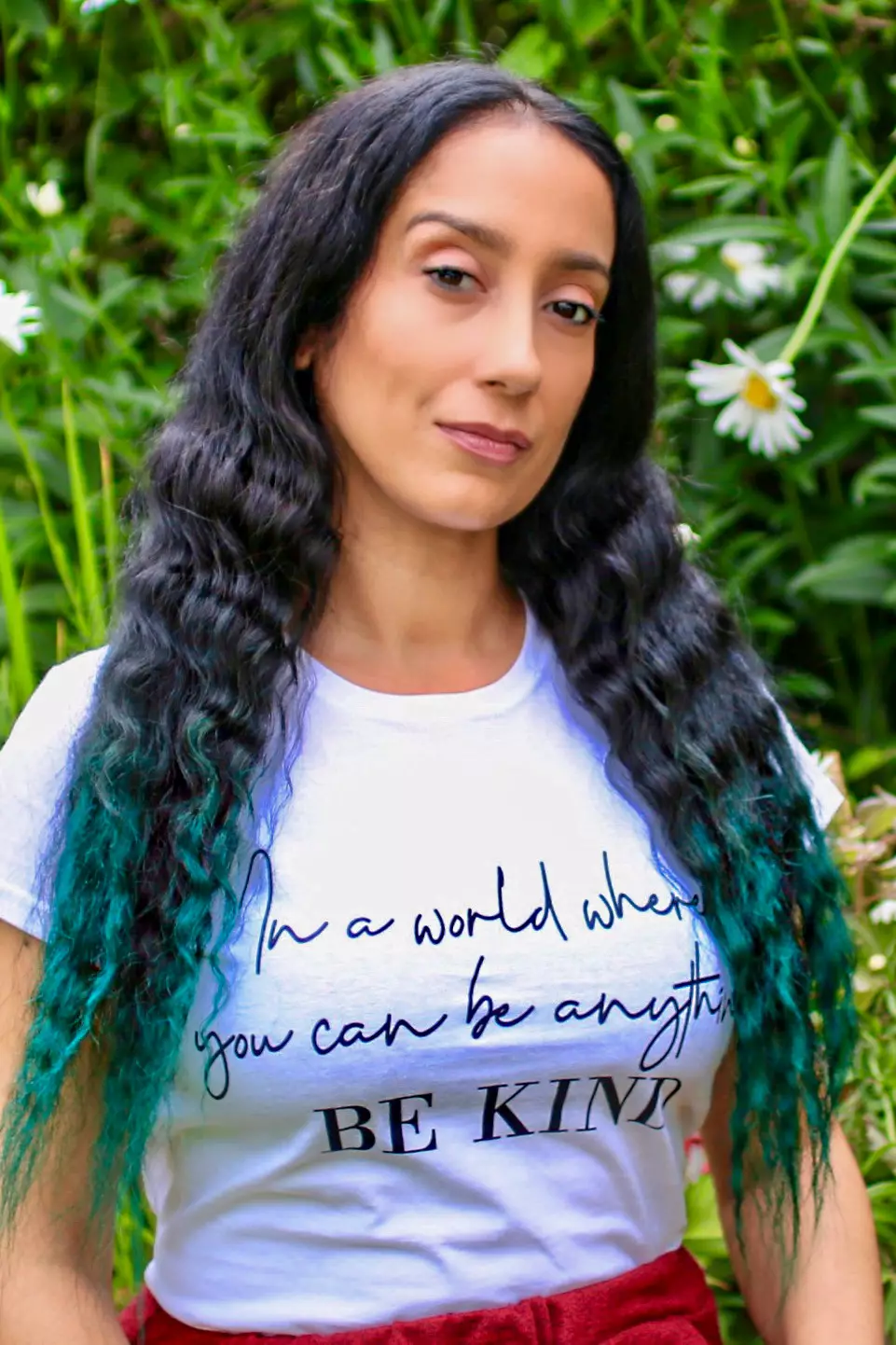
Atima is now an Endometriosis UK representative, doing everything in her power to raise much needed awareness of the debilitating condition.
"I don't want any young girl to feel like this. I can't even imagine at the age of 16 going through what I'm going through now, and I know there are girls that are, and it's not okay.
"I don't want it to be like this for my girls, I pray my girls don't have to suffer like I have. I don't wish this disease on my worst enemy, it's the most horrendous thing I've ever had to deal with in my life. Even the breast cancer diagnosis was nothing like this in comparison."
The Department of Health & Social Care's call for evidence 10 minutes to complete and can be found here. You can also follow Atima's journey here.
For help, advice and more information, visit Endometriosis UK.
Featured Image Credit: Atima BhatnagarTopics: Endometriosis, Life News, Health